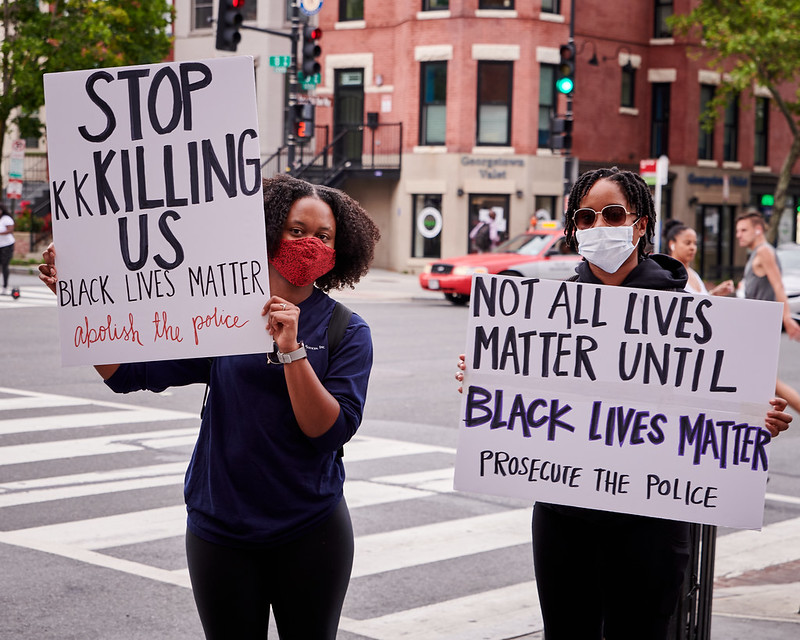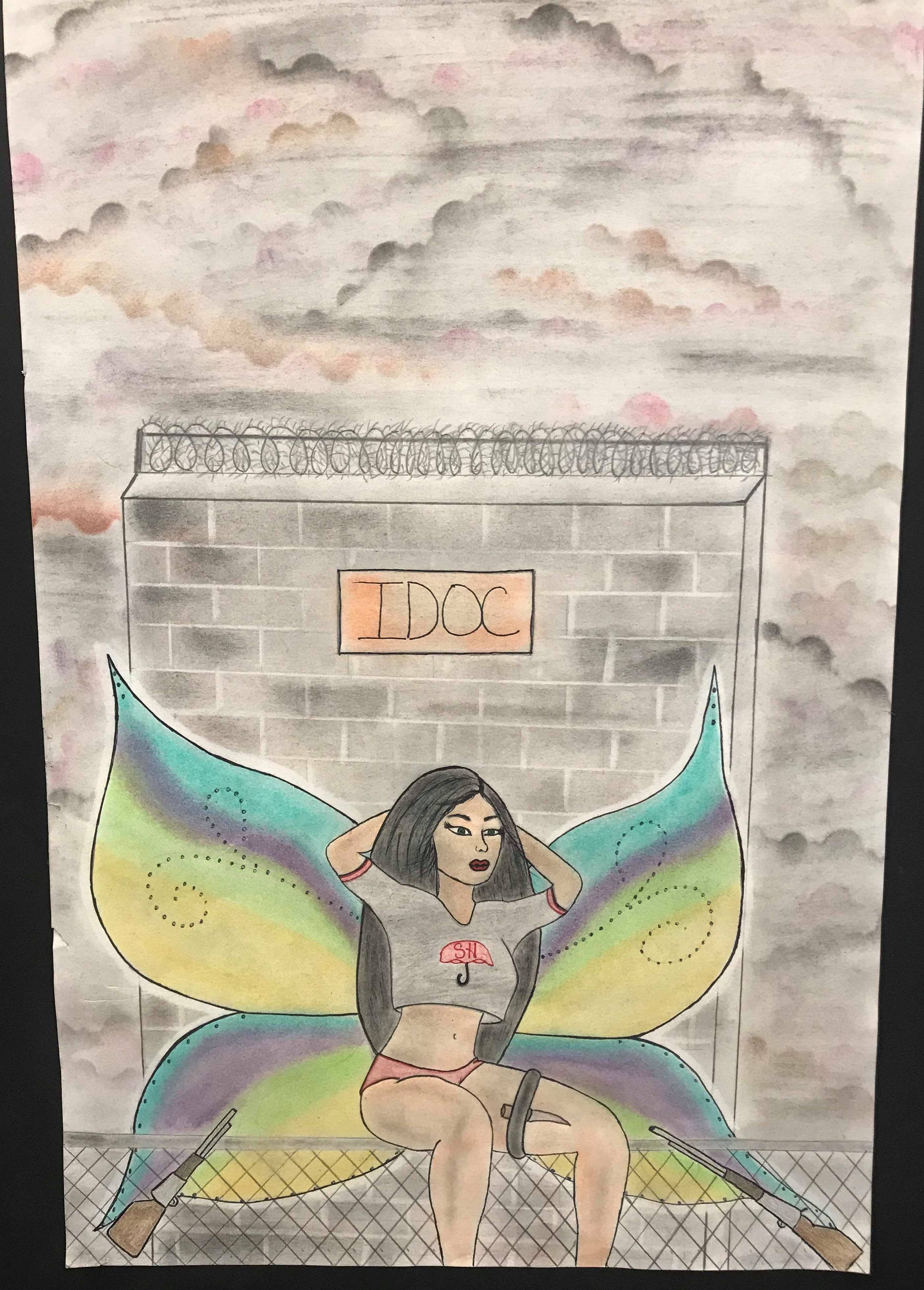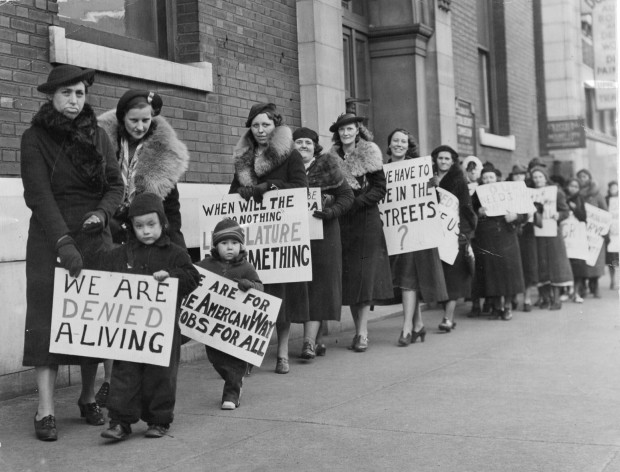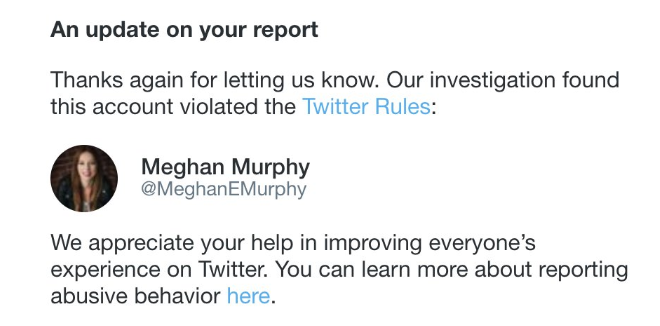UPDATED FROM 2016: Four years later, Tits and Sass and the sex worker community reiterate our alliance with the Black Lives Matter movement and all communities of color protesting the police nationally. We have updated the list of fundraisers below through which you can demonstrate support. Twitter user @Chateau_Cat has compiled an ever-growing list of… Continue reading Tits and Sass Stands With Black Lives Matter
Category: News
“If U Only Knew How They Were Really Doing Us”: Inside/Outside Communication During A Pandemic
by Alisha Walker and Red Schulte (written by Red, with editing and considerable input from Alisha) Alisha Walker is a 27-year-old former sex working person originally from Akron, Ohio. She was criminalized for an act of self-defense when a regular client threatened her life and the life of a fellow worker in January 2014. A… Continue reading “If U Only Knew How They Were Really Doing Us”: Inside/Outside Communication During A Pandemic
Sex Workers: YOU CAN AND SHOULD REQUEST PANDEMIC RELIEF
So we’re about a month into strip clubs being shut down. Before that, most in-person sex workers had already been worried about the potential of getting or spreading COVID-19 (the illness caused by the coronavirus) at work, and probably noticed a significant dip in business. Most times we’d be SOL when it comes to accessing… Continue reading Sex Workers: YOU CAN AND SHOULD REQUEST PANDEMIC RELIEF
2018’s Best Writing and Reporting on Sex Work
How August Ames’ Suicide Is Changing the Porn Industry by Tina Horn After the tragic death of August Ames left workers reeling, a sprawling industry realized it needed to do better. Don’t Ask Sex Workers to Solve the Problems of Violently Angry Men by Gaby del Valle Sex workers are not ethically obligated to fuck… Continue reading 2018’s Best Writing and Reporting on Sex Work
Gender Critical Feminism is Fascism
Meghan Murphy, a Canadian feminist writer who has spent at least five years on this site waging misogynist harassment campaigns against sex workers and trans women, as if it were all she had for a content strategy… is finally suspended. pic.twitter.com/lo9sW9niv8 — Melissa Gira Grant (@melissagira) November 24, 2018 Meghan Murphy was booted from… Continue reading Gender Critical Feminism is Fascism




